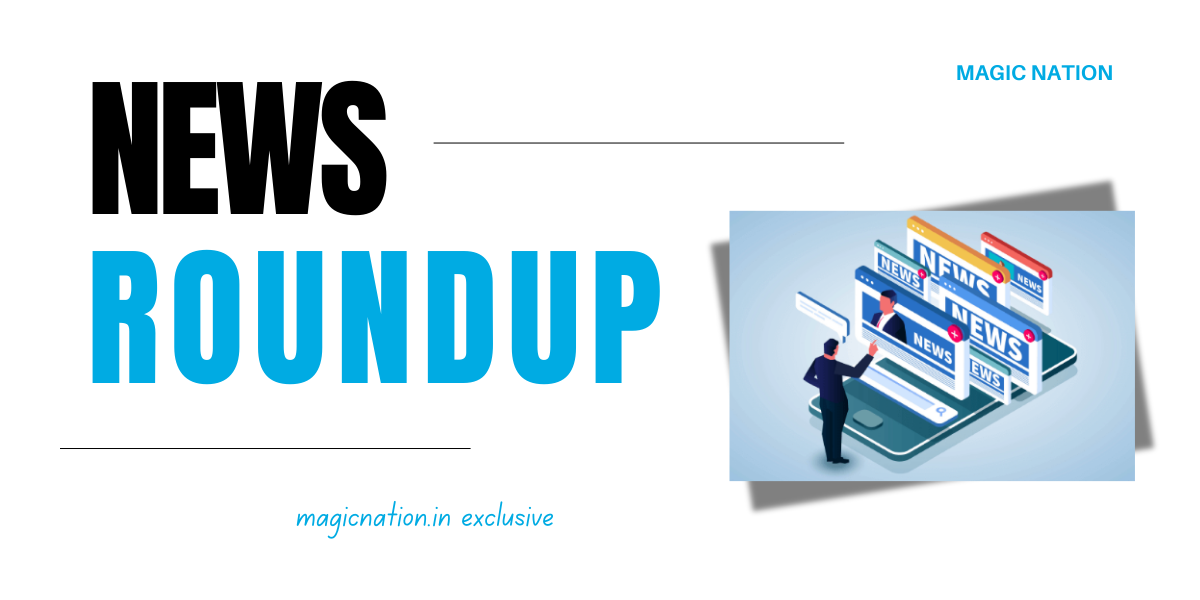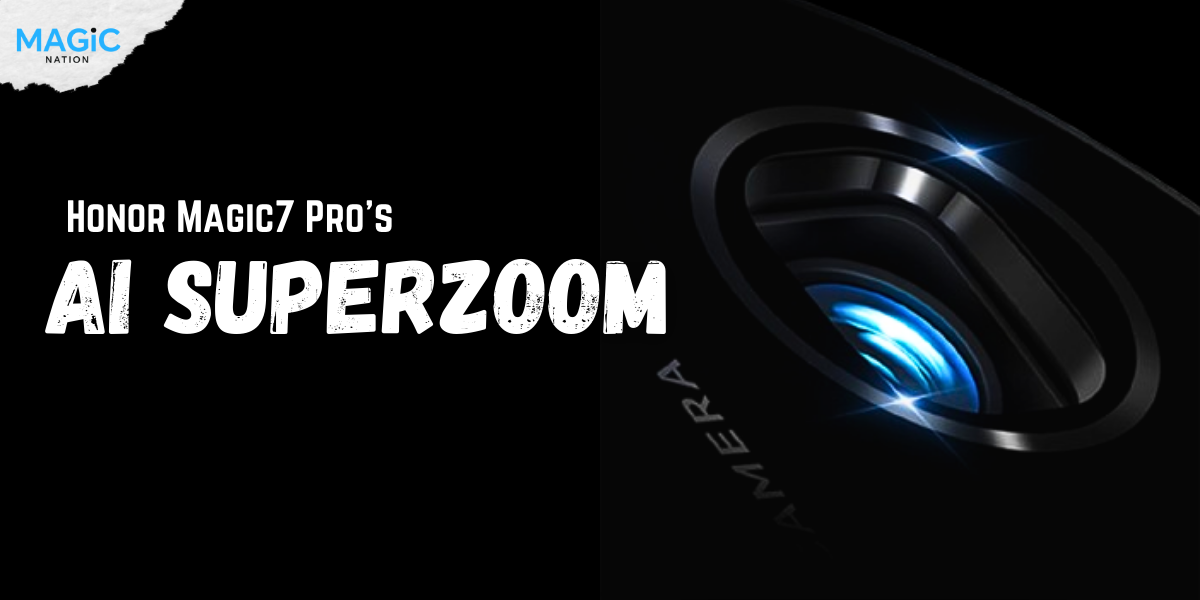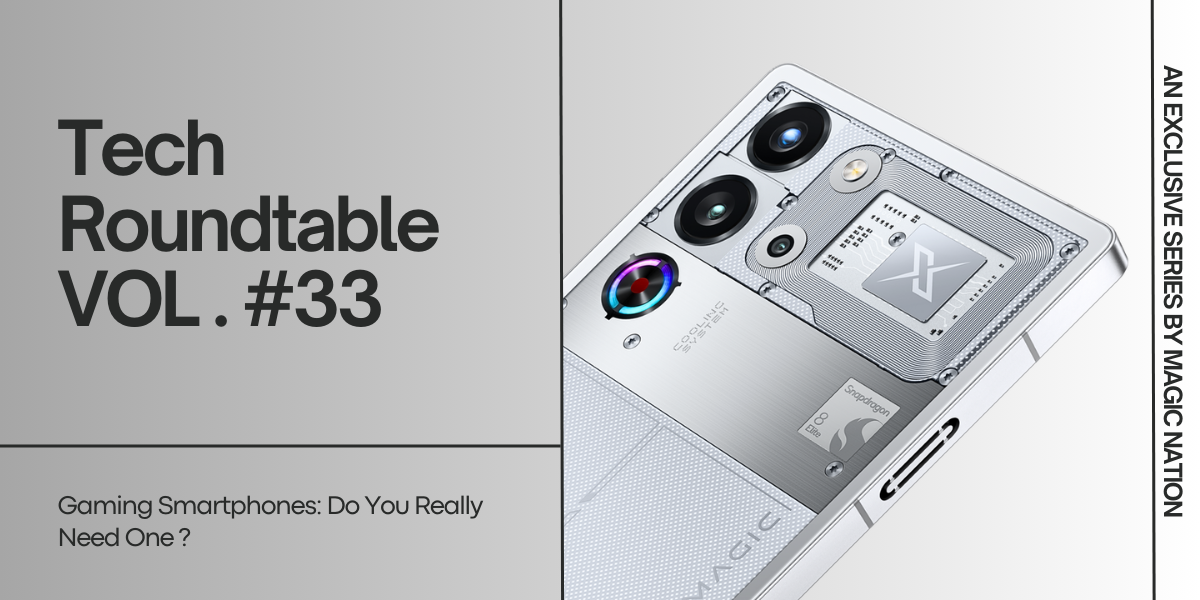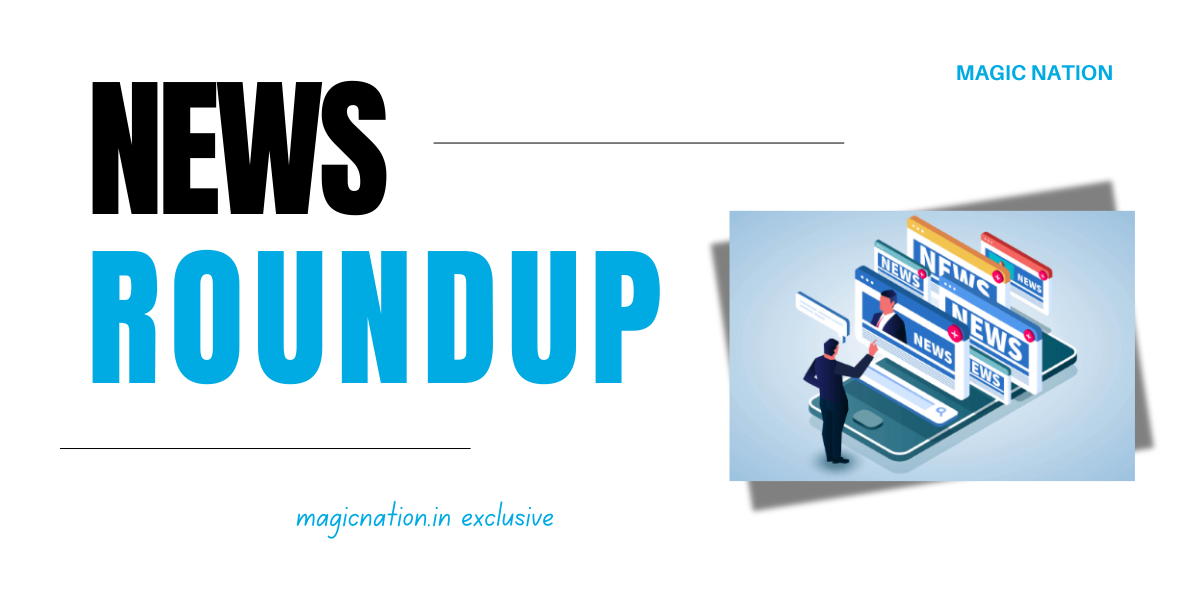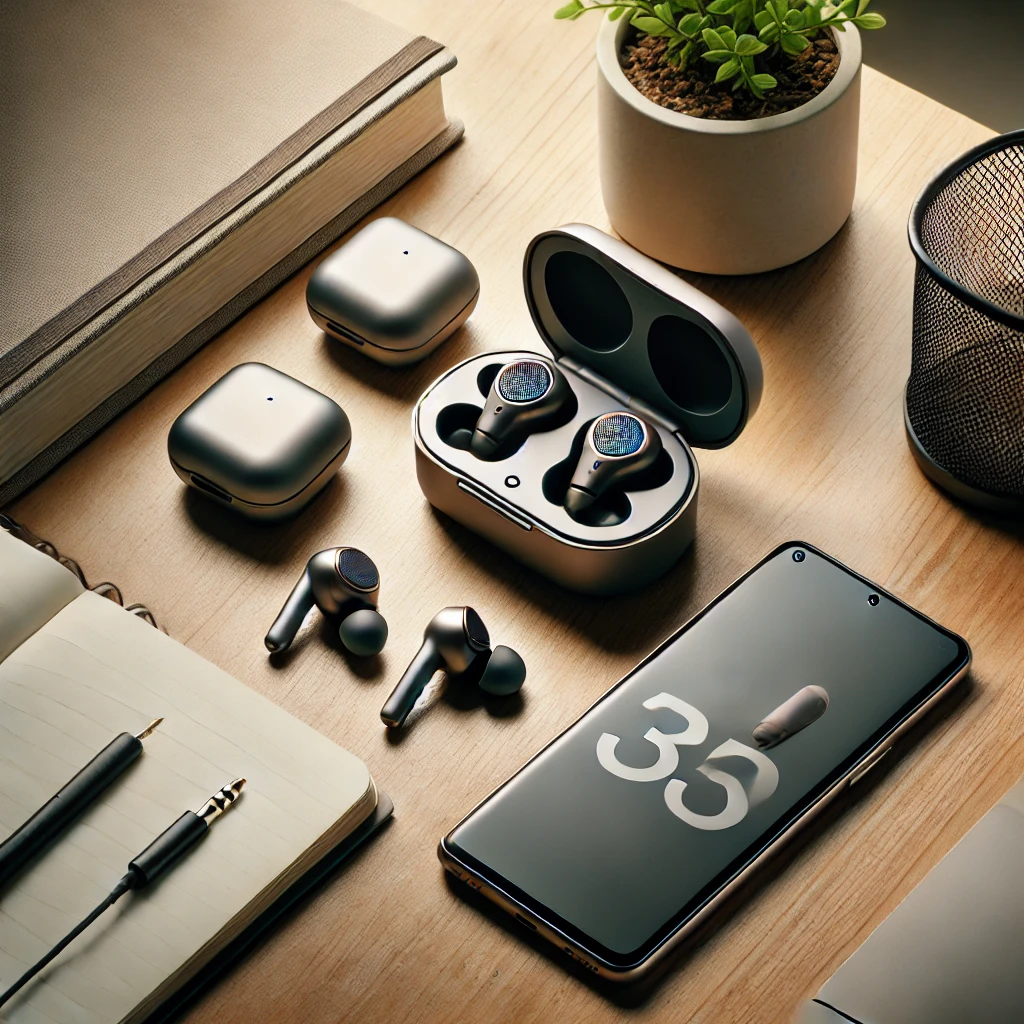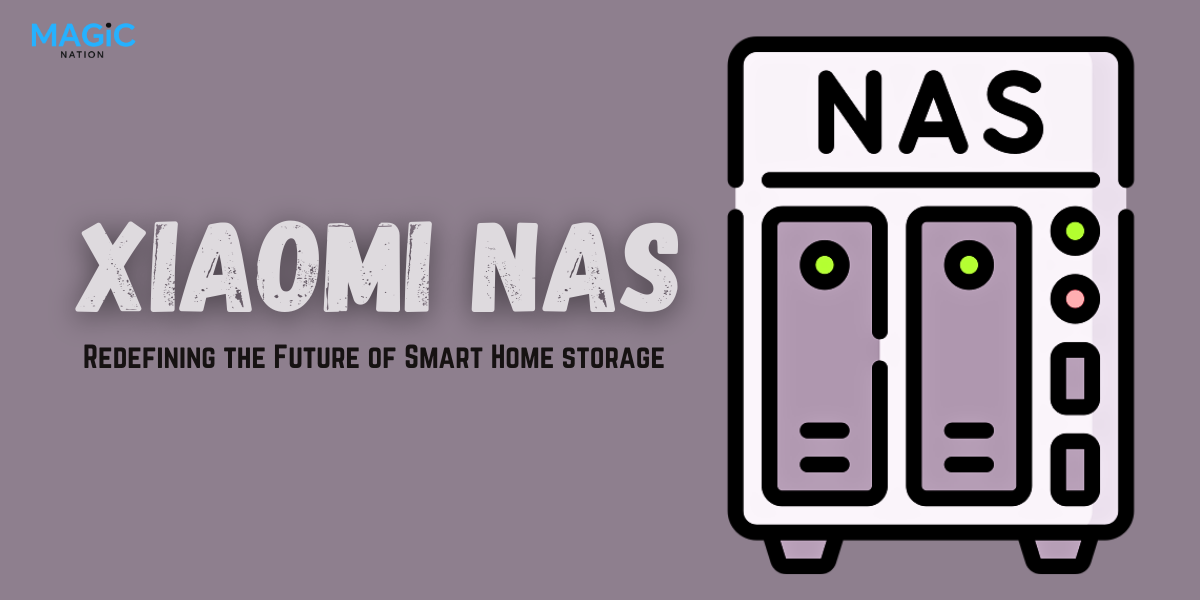
Hurry up eXplorers! Beyond Blood Tests, Google’s AI Listens to Coughs to Detect Disease Early!
In a groundbreaking move for global healthcare, Salcit Technologies has partnered with Google to harness the power of Health Acoustic Representations (HeAR), a bioacoustic AI model designed to detect diseases using audio cues. This collaboration could radically transform the early detection of tuberculosis (TB) in India, a country where the disease claims over 250,000 lives annually.
AI-Powered Tuberculosis Detection: A Game Changer for India

Salcit Technologies, an Indian respiratory healthcare startup, is exploring Google’s HeAR AI model to enhance its flagship product, Swaasa, which analyzes cough sounds to screen for TB. HeAR has been trained on an astounding 300 million audio samples, including 100 million cough sounds, making it a powerful tool for detecting respiratory diseases. The goal is to extend this screening technology widely across India, providing accessible and affordable TB detection solutions.
According to Sujay Kakarmath, a product manager at Google Research, sound is a highly accessible diagnostic tool: “Compared to blood tests and imaging, sound is by far the most accessible piece of information we can get about a person.” HeAR has already demonstrated its ability to detect TB, COVID-19, and even identify abnormalities in chest X-rays through sound.
The Technology Behind HeAR: Accuracy and Efficiency

Google’s HeAR model is designed to help researchers identify new acoustic biomarkers for early disease detection, and it boasts superior accuracy when compared to other models. Shravya Shetty, engineering lead for Google Health AI, explained that the model can generalize across different microphones and deliver top performance with less data, making it highly adaptable for data-scarce environments like rural India.
Salcit’s Swaasa platform has already shown promise, with its machine learning-based approach for disease detection. The integration of Google’s HeAR model could significantly improve its accuracy and scalability, especially in remote areas where healthcare infrastructure is limited. Users can upload a 10-second cough sample for analysis, receiving results with a reported 94% accuracy rate.
One of the most promising aspects of this initiative is its potential to bridge the gap between urban and rural healthcare. By offering location-independent, equipment-free screening, this partnership could empower millions of high-risk patients in underserved regions to receive timely diagnosis and treatment.Accessibility, Affordability, and Scalability: The Path Ahead
As part of its wider healthcare initiatives, Google has partnered with the Indian government to roll out 3 million free AI-powered screenings across the country, providing much-needed access to life-saving diagnostic tools.
The Future of AI in Healthcare: Expanding Beyond TB

The potential applications of Google’s HeAR AI model go beyond just TB. Google is exploring other uses for bioacoustic AI, including early detection of breast cancer through ultrasound at Chang Gung Memorial Hospital in Taiwan. Additionally, the model's capability to detect COVID-19 from cough sounds underscores its potential in combating global health crises.
Google’s Broader Vision: Digitalizing Healthcare in India



Alongside disease detection, Google is working to streamline health records and improve healthcare accessibility through technology. The company is collaborating with the National Health Authority (NHA) under India’s Ayushman Bharat Digital Mission (ABDM) to integrate health data systems and provide secure access through ABHA health ID cards, which will soon be available on Google Wallet.
This initiative promises to revolutionize the digital health infrastructure, with Google enabling 600 million users to access their health information more easily, securely, and transparently.
The collaboration between Salcit Technologies and Google marks a significant leap in AI-powered healthcare, particularly in disease detectio and digital health access. By leveraging the HeAR AI model, the goal is not only to tackle tuberculosis but to redefine how healthcare is delivered in underserved regions.Conclusion: A Leap Forward in Global Healthcare
As Google continues to push the boundaries of AI in medicine, partnerships like this may be the key to achieving better health outcomes globally, especially in regions where resources are scarce, and timely intervention is critical.
Stay tuned as AI continues to reshape the future of healthcare, bringing life-saving innovations closer to those who need them most!



